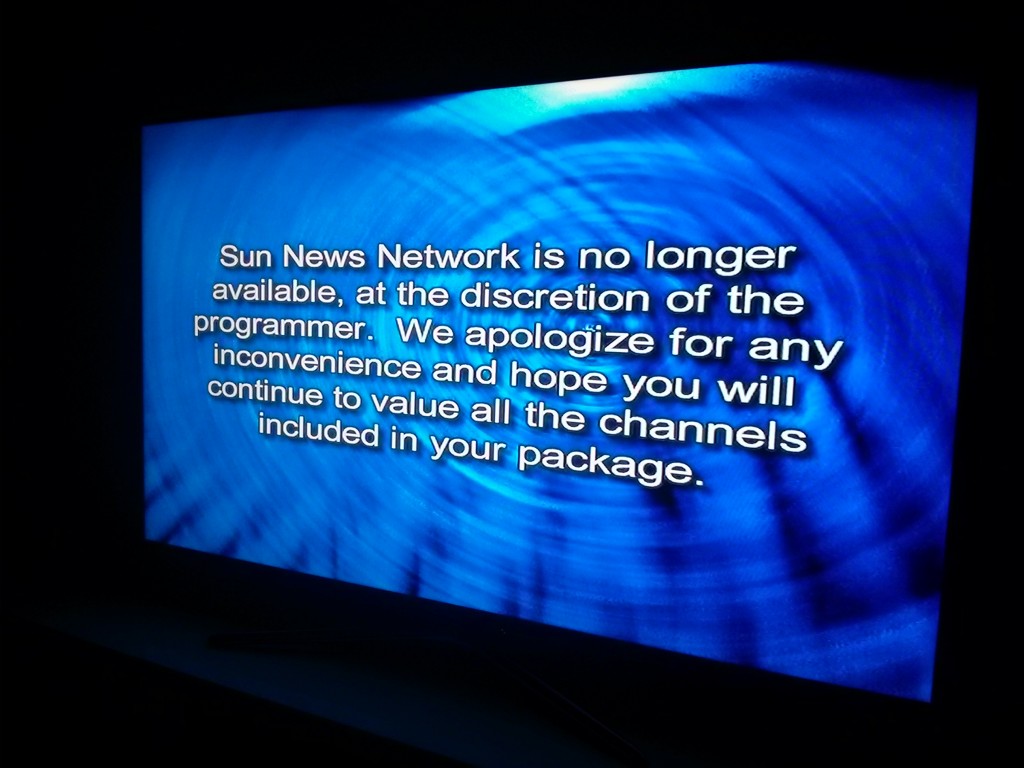After a long year in the spotlight, we have had plenty of opportunities to study Donald Trump’s approach to discourse and truth. For sure, his willingness to disregard facts has legitimately alarmed many, especially now that he speaks with the strength of the presidency. However, perhaps an aspect of his discourse that has gathered less attention is his predilection for raising questions over expressing a position.
An illustration of what I mean here happened this week, as Trump was leading yet another charge against the media. This time, Trump chose to directly state that “the media do not report on Islamic terrorism” (which is demonstrably false) and then he hinted at some hidden reasons for it, which, to our best guesses, was something along the lines of “the media do so to weaken my presidency” (which is also false, although a bit murkier to debunk). Although the news media rightly cringed at hearing such blatant lies, we should realize that Trump has led that same charge for months, although he has mostly chosen to do so by raising questions, such as “why don’t the media report on Islamic terrorism?” In fact, looking back on the campaign, it seems that most of what he said was done through vague and evasive questions rather than assertions.… Continue reading


